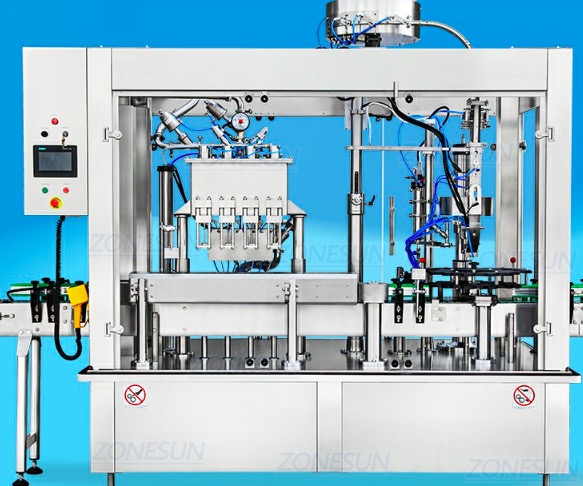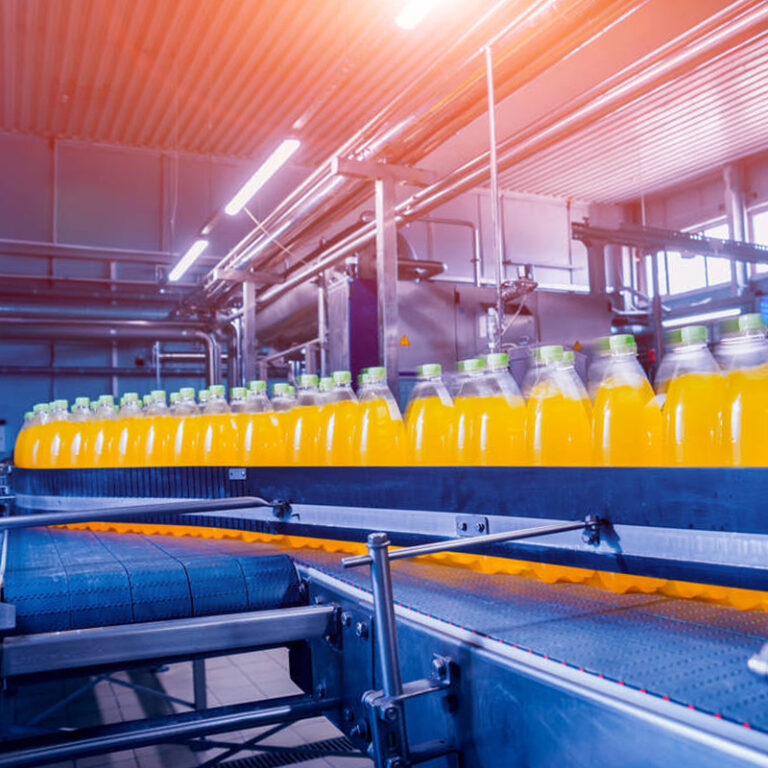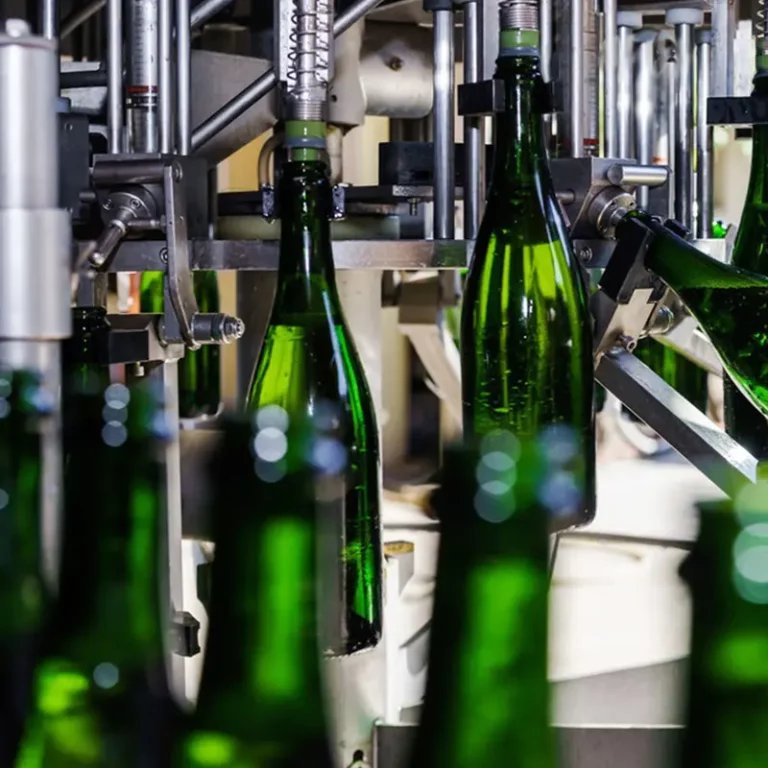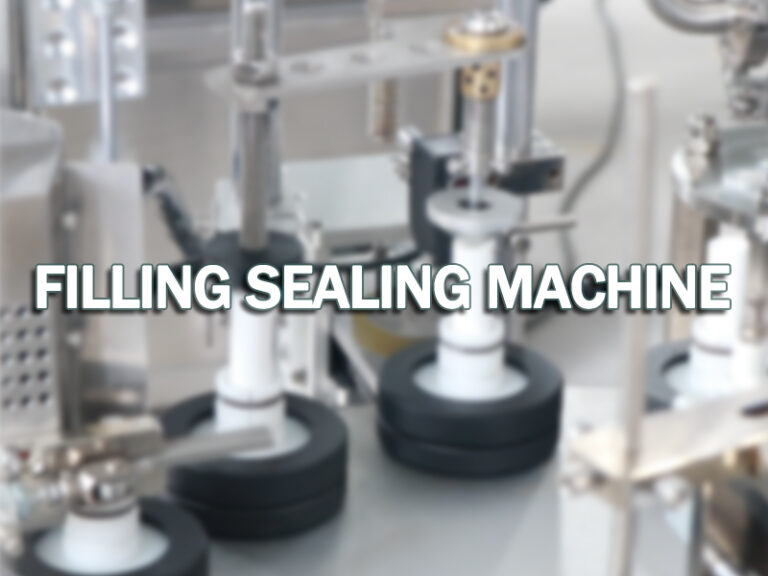Introduction
In modern manufacturing, optimizing production efficiency while maintaining high-quality standards is crucial. A monoblock filling machine offers an integrated solution by combining multiple packaging processes into a single unit. This advanced automation technology enhances production speed, reduces costs, and ensures precision in filling, capping, and labeling. Understanding the key advantages and applications of monoblock filling machines can help manufacturers make informed investment decisions for their production lines.
Key Features to Consider When Choosing a Monoblock Filling Machine

1. Enhanced Efficiency
A monoblock filling machine significantly improves production efficiency by integrating multiple packaging stages into one streamlined system. By seamlessly transitioning between filling, capping, and labeling, manufacturers can achieve higher throughput with reduced manual intervention. This automation minimizes downtime and ensures a consistent production flow, leading to increased output and profitability.
2. Cost Savings
By consolidating various functions into a single unit, a monoblock filling machine reduces the need for additional equipment and manual labor. This not only lowers capital investment but also cuts operational expenses related to maintenance, space utilization, and workforce costs. As a result, manufacturers can optimize resources while maintaining a high level of productivity.
3. Consistency and Precision
Achieving uniformity in product packaging is essential, especially in industries such as pharmaceuticals, cosmetics, and food and beverage. The monoblock filling machine is engineered for high precision, ensuring accurate filling, sealing, and labeling for each product. This precision minimizes wastage, prevents overfilling, and maintains the integrity of the final product.
4. Space Optimization
Compared to traditional production setups that require multiple standalone machines, a monoblock filling machine takes up significantly less floor space. This compact design is particularly beneficial for manufacturers operating in facilities with space constraints, allowing for better organization and more efficient production line layouts.
5. Reduced Downtime and Maintenance
A streamlined system with fewer independent machines translates to lower maintenance requirements and reduced chances of unexpected breakdowns. Monoblock filling machines are designed for durability and reliability, ensuring long-term operation with minimal downtime. This feature is crucial for industries requiring continuous production with minimal interruptions.
Applications of Monoblock Filling Machines

1. Food and Beverage Industry
The monoblock filling machine is widely used in the food and beverage sector for filling products such as sauces, beverages, oils, and pastes. It ensures hygienic and precise filling, meeting strict food safety standards while enhancing production efficiency.
2. Pharmaceutical Industry
In the pharmaceutical sector, precision and sterility are paramount. Monoblock filling machines provide accurate dosing for liquid medications, syrups, and other pharmaceutical products, ensuring compliance with regulatory requirements and maintaining product consistency.
3. Cosmetics Industry
From lotions and creams to perfumes and serums, monoblock filling machines streamline the packaging process for cosmetic products. Their ability to handle various viscosities and container sizes makes them an ideal solution for maintaining brand quality and consistency.
4. Chemical Industry
Manufacturers in the chemical sector rely on monoblock filling machines to package household cleaners, industrial chemicals, and agrochemical products. These machines ensure accurate filling and secure sealing to prevent contamination and leakage, contributing to a safer and more efficient packaging process.
บทสรุป
Investing in a monoblock filling machine offers numerous advantages, including increased efficiency, cost savings, precision, and space optimization. These machines play a vital role in various industries, enhancing production processes while maintaining high-quality standards. By selecting the right monoblock filling machine, manufacturers can boost productivity, streamline operations, and achieve long-term success in competitive markets.



